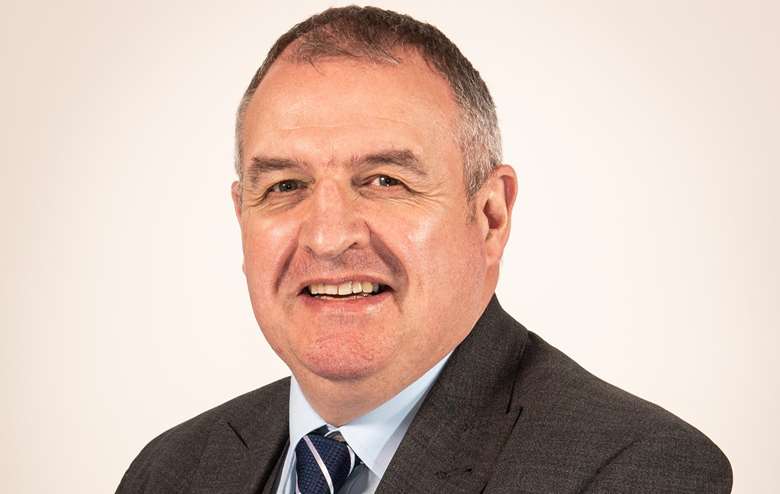Thousands of siblings split up in the care system
Richard Cross
Monday, January 30, 2023
The findings from Dame Rachel De Souza's report bring home a cold, hard reality, as the latest figures show that one in three children are separated from their siblings when they come into care.

The report signals that a practical, resource-based decision-making process is taking the place of the relational, child-centred approach required to meet the needs of children in care.
Reading the report, I was struck by how the key factors determining whether siblings stay together (gender, age, location, disability and size of sibling group) are entirely outside the children's control. Yet, they are clear determinants of their future.
International research indisputably illustrates that protecting sibling relationships provides better outcomes. Siblings who stay together are more likely to have stable placements, meaning they can rebuild trust in adults and go on to develop healthy relationships. When siblings stay together, they experience fewer emotional and behavioural difficulties, have improved mental health and do better at school.
If we know the outcomes are better, and the law says siblings should be together if it's in their best interest, what steps can we take to respond to the current context?
Advocacy
As child protection experts responsible for life-changing decisions, our starting point must always be to listen and ensure the child's voice is heard. Good advocacy means never making assumptions or believing a child will be cognisant of something in "their best interest".
Hannah (19), a care leaver, recently shared her story of being separated from her siblings on the children's commissioner's blog. When sharing her painful experience of being separated from her brother, she wrote: "I wish my social worker had sat with me and explained this. I remember thinking; you can't take him away. You can't split us up. This isn't right. No one asked, and no one listened. I felt brushed to the side".
Understanding and responding to the traumatic impact of sibling separation
My experience of working with children in care has shown me that sibling relationships are, often, a lifeline. When these relationships are dismantled, a strong sense of abandonment, shame and confusion can be internalised by many children.
If there isn't psychological support to manage these emotions in childhood, the feelings are often carried into adult life. Psychological support for foster carers and staff who look after children in care must be available to help them to recognise these feelings and behaviours when they surface and to give them the tools to help children gently reframe these beliefs.
Services that are ambitious for children and support sibling relationships
There needs to be a strong emphasis on prioritising sibling reunification and better collaboration with children, families and professionals. This relies on a coherent, well-managed national approach to child protection. Where reunification isn't possible, we must find creative approaches to ensure siblings can be close together.
Maintaining sibling relationships is central to our work with children; we don't rely simply on the goodwill of childcare professionals to maintain sibling contact. Through robust assessment processes, we help children to identify which siblings they have healthy relationships with and develop clear plans to help to preserve those relationships as part of our unique integrated case management meeting process.
We have done some creative work with local authorities to keep siblings together. Last year Bournemouth-based sisters Dominique and Roxy shared their story about how they are fostering a sibling group, maintaining their relationships with the siblings by meeting up regularly as a larger blended family
Understanding what's behind the behaviour
I was shocked that children showing 'challenging behaviour' were also more likely to be separated from their siblings. There needs to be a better understanding of the cause of these behaviours and further psychosocial assessments to evaluate whether sibling separation is genuinely in the child's best interest.
Sufficiency
The challenge has deepened following a year where Ofsted reported more deregistered foster carers than new ones and the lowest number of foster carer applications across the country in 2021/22.
Since there's a requirement for every child to have a bedroom, even when there are suitable foster carers available, many need more space to look after sibling groups.
There needs to be a national effort to recruit more carers, focusing on finding people who can look after sibling groups. There also needs to be a watchful eye and decisive response to the challenges in recruiting foster carers.
Children in care should never be separated from their siblings simply because it's what's "most practical for the system"; it should only ever happen because it is genuinely in their best interests. As well as the longer-term reforms we see in this report, we need an immediate response to take care of the 20,000 children who are separated right now from their brothers and sisters.
Richard Cross is head of assessment and therapy at Five Rivers Child Care




